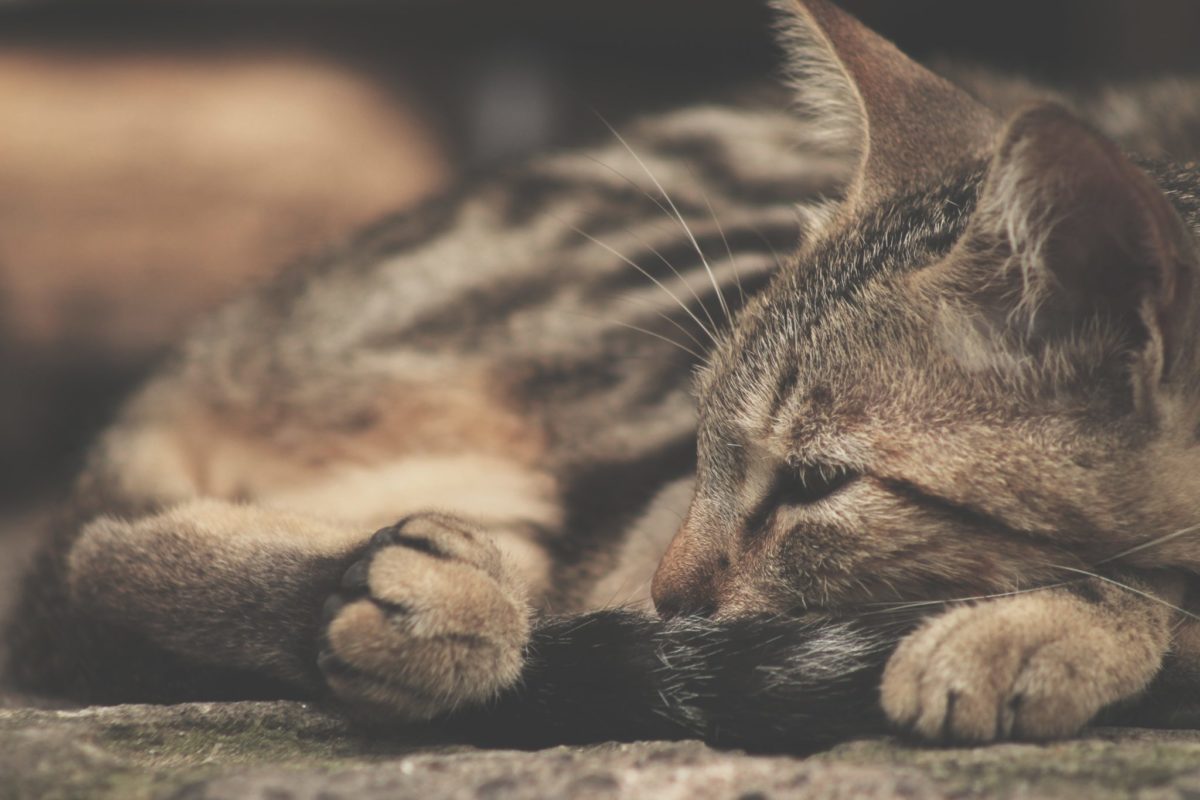Can Cats Get Parvo Or Distemper

Make sure the puppy has had at least one set of shots at least 2 weeks before.
Can cats get parvo or distemper. The feline distemper vaccine can be administered to a kitten as young as 6 weeks old and is often repeatedly given until the kitten is 16 weeks old and then at regular intervals during their adult life. Do cats get parvo. The virus can also be passed on by humans who have not properly washed their hands after handling an infected cat or an infected cats belongings such as bedding dishes or grooming equipment.
What is Distemper in Cats. Feline parvovirus is different than canine parvovirus and only causes disease in cats. Symptoms of parvo in cats includeSymptoms of parvo in cats will often mimic those of an upper respiratory tract infection or severe gastroenteritis in early stages until it is too lateThe best household cleaner to use to kill parvovirus is bleach 1 part bleach to 30 parts waterThe best way to prevent your cat from contracting feline distemper is to vaccinate your cat during her days as a.
Parvo in cats is also referred to as feline distemper and feline panleukopenia. What causes distemper in cats. The parvo virus that wreaks havoc in cats is called Feline Parvovirus or Feline Panleukopenia.
Fuller the virus can be shed through a cats bodily secretions including saliva nasal discharges and urine but it is most commonly shed through feces. Its caused by a virus that kills cells that grow and divide quickly in your cats. Other sites call this feline distemper or feline infectious enteritis.
Highly contagious and potentially deadly Parvo in Cats has been on the rise in populations across the world. Feline Distemper medically termed as Feline Panleukopenia Virus FPV is a viral disease that is both highly contagious and deadly. Consequently if a cat has been in contact with a dog who has parvo the cat should be considered potentially contagious and quarantined from other animals for at least several weeks.
Fpv can cause disease in house cats wild cats raccoons mink and coatimundis. The feline panleukopenia and the canine parvovirus CPV belong to the Carnivore Protoparvovirus species. These do not infect people but can affect other animals.
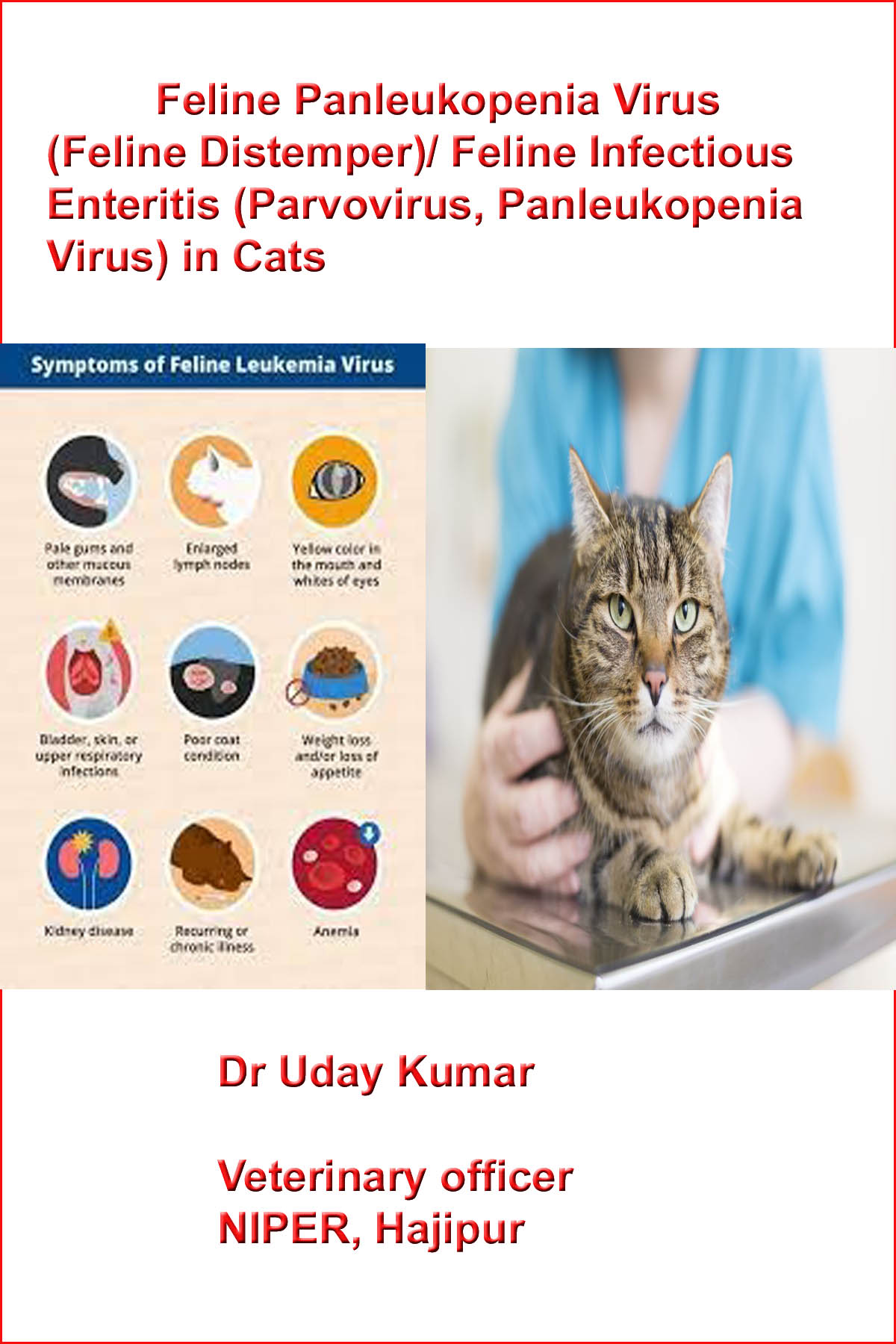
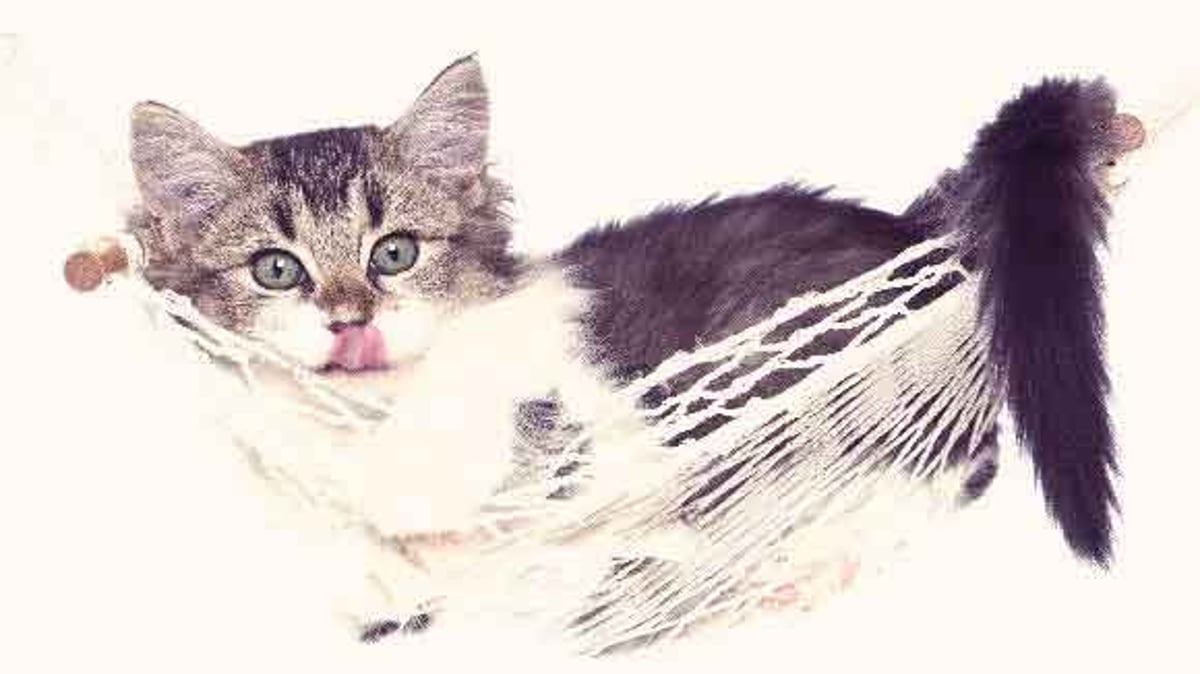
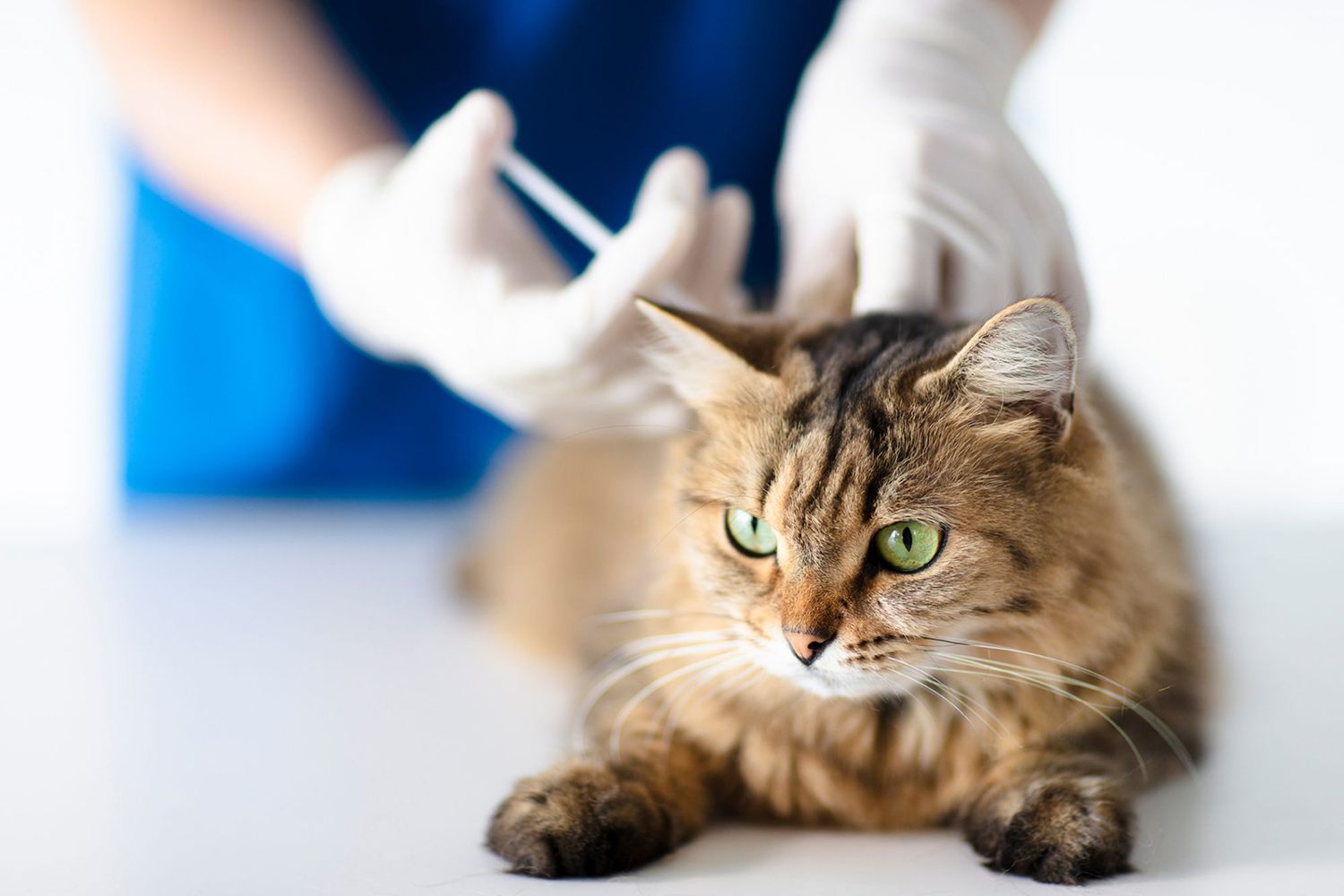

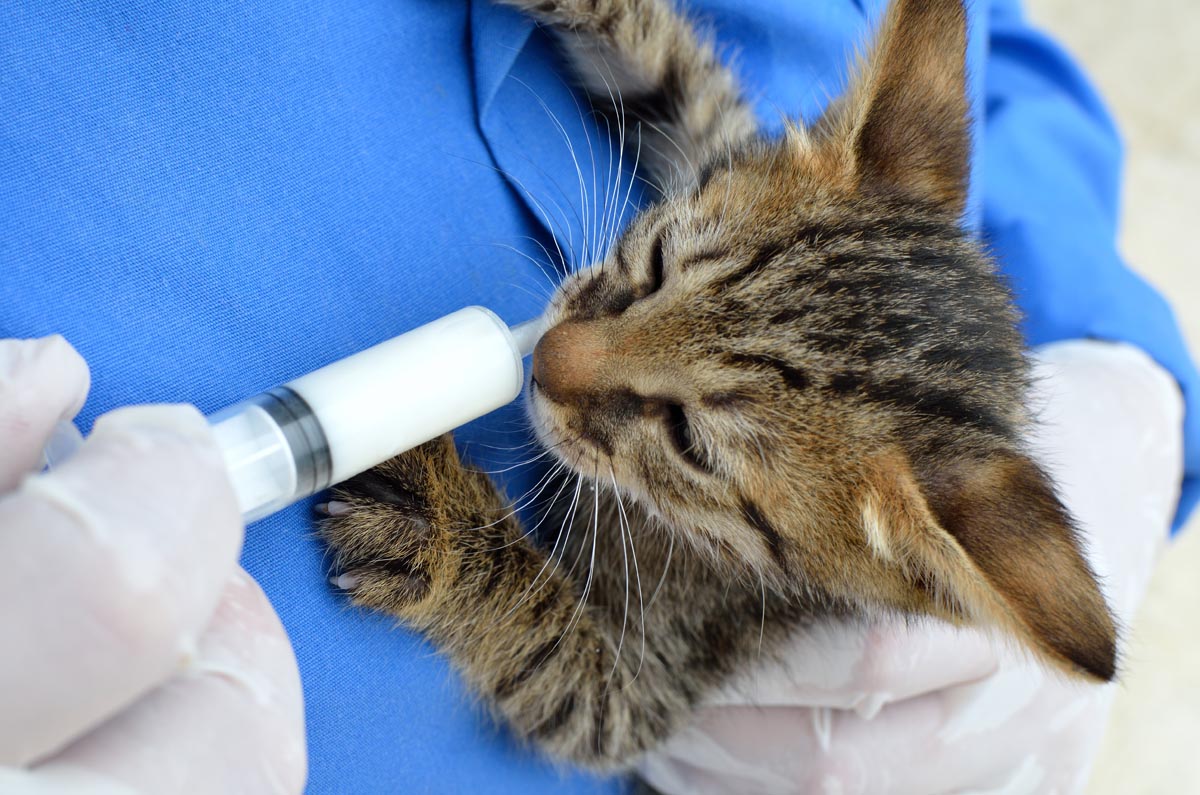

-Step-12.jpg)











